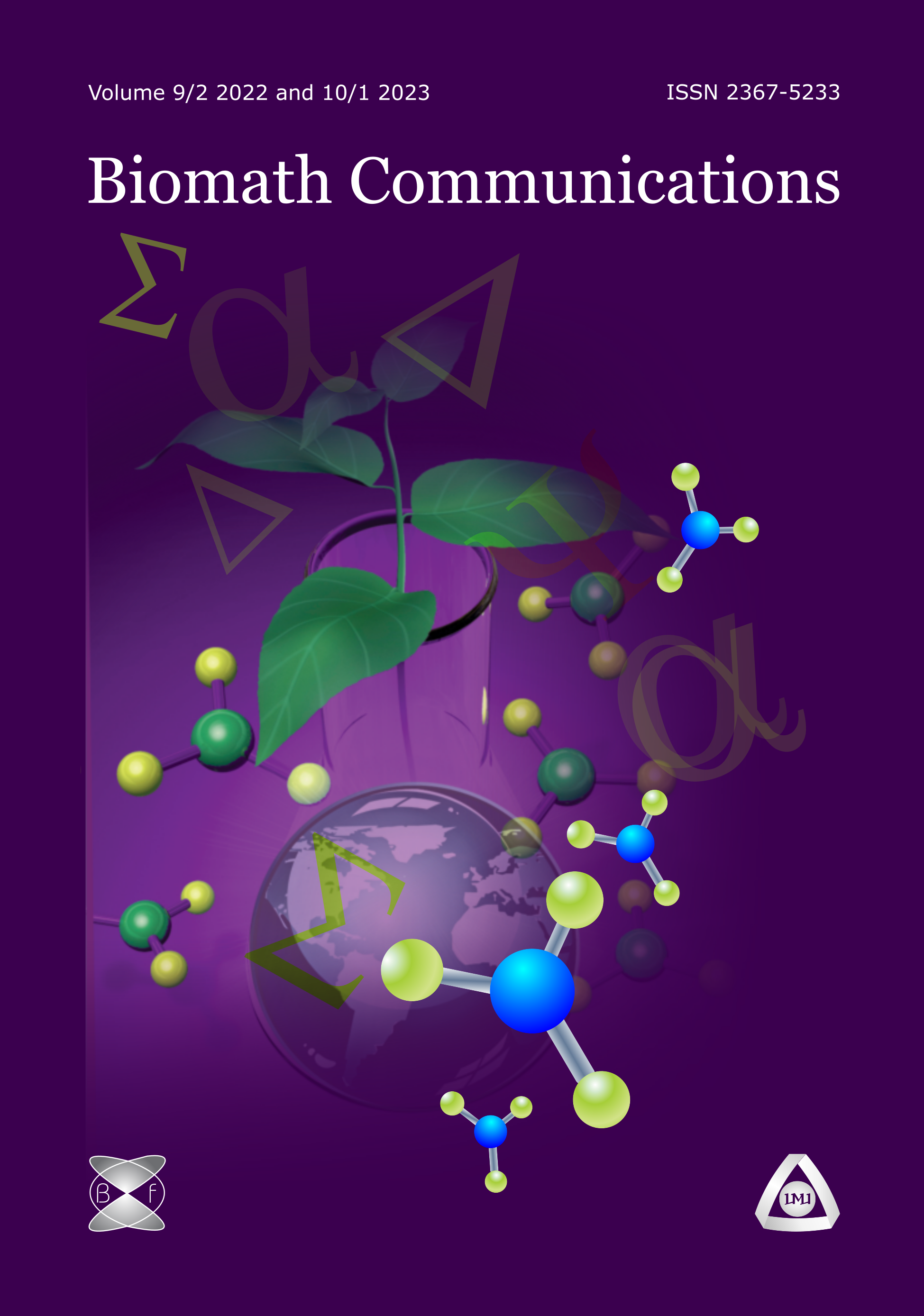Coupled Dynamical Models of Ecological Drivers of Poverty and Economic Growth
DOI:
https://doi.org/10.11145/522Abstract
Understanding the causes of the persistence of extreme poverty continues to challenge policy and research in the biological, social and mathemat- ical sciences. Generally, the extremely poor depend on their immediate environment and natural resource base for subsistence and suffer high morbidity and mortality from infectious diseases. In pursuit of general integrated mathematical frameworks for the ecology of poverty, we present a road map for modeling how ecological drivers of poverty such as infectious diseases, renewable resources, population growth, etc., interact with economic dynamics to cause persistent poverty or “poverty traps”. The nonlinearities associated with these interactions can give rise to multiple stable equilibria such that there are tipping points or thresholds that determine whether populations experience virtuous versus vicious cycles in ecological-economic space. Our analysis indicates that 13-30% of the ecological-economic feasible parameter space result in bistability, and hence poverty traps. We also find out that the existence of bistability depends on both key ecological and economic parameters including the background disease transmission and recovery rates, the number of pathogens in the system and the investment rate in human capital. In particular, the number of pathogens in the system increases the intensity of ecological-economic feedback, making poverty traps inevitable at sufficiently high numbers of pathogens that pre- vent the acquisition of human capital. Our framework provides a general approach for theoretically and empirically exploring the dynamics of cou- pled ecological-economic systems, equally reliant on existing paradigms in the social, biological and mathematical sciences. More specifically, it offers a model on the relationship between human health, renewable resources and economic growth. This is a new multidisciplinary research area with significant implications for both policy and research in the biological, social and mathematical sciences.
Downloads
Published
Issue
Section
License
The journal Biomath Communications is an open access journal. All published articles are immeditely available online and the respective DOI link activated. All articles can be access for free and no reader registration of any sort is required. No fees are charged to authors for article submission or processing. Online publications are funded through volunteer work, donations and grants.
Authors who publish with this journal agree to the following terms:
- Authors retain copyright and grant the journal right of first publication with the work simultaneously licensed under a Creative Commons Attribution License 4.0 that allows others to share the work with an acknowledgement of the work's authorship and initial publication in this journal.
- Authors are able to enter into separate, additional contractual arrangements for the non-exclusive distribution of the journal's published version of the work (e.g., post it to an institutional repository or publish it in a book), with an acknowledgement of its initial publication in this journal.
- Authors are permitted and encouraged to post their work online (e.g., in institutional repositories or on their website) prior to and during the submission process, as it can lead to productive exchanges, as well as earlier and greater citation of published work (See The Effect of Open Access).

